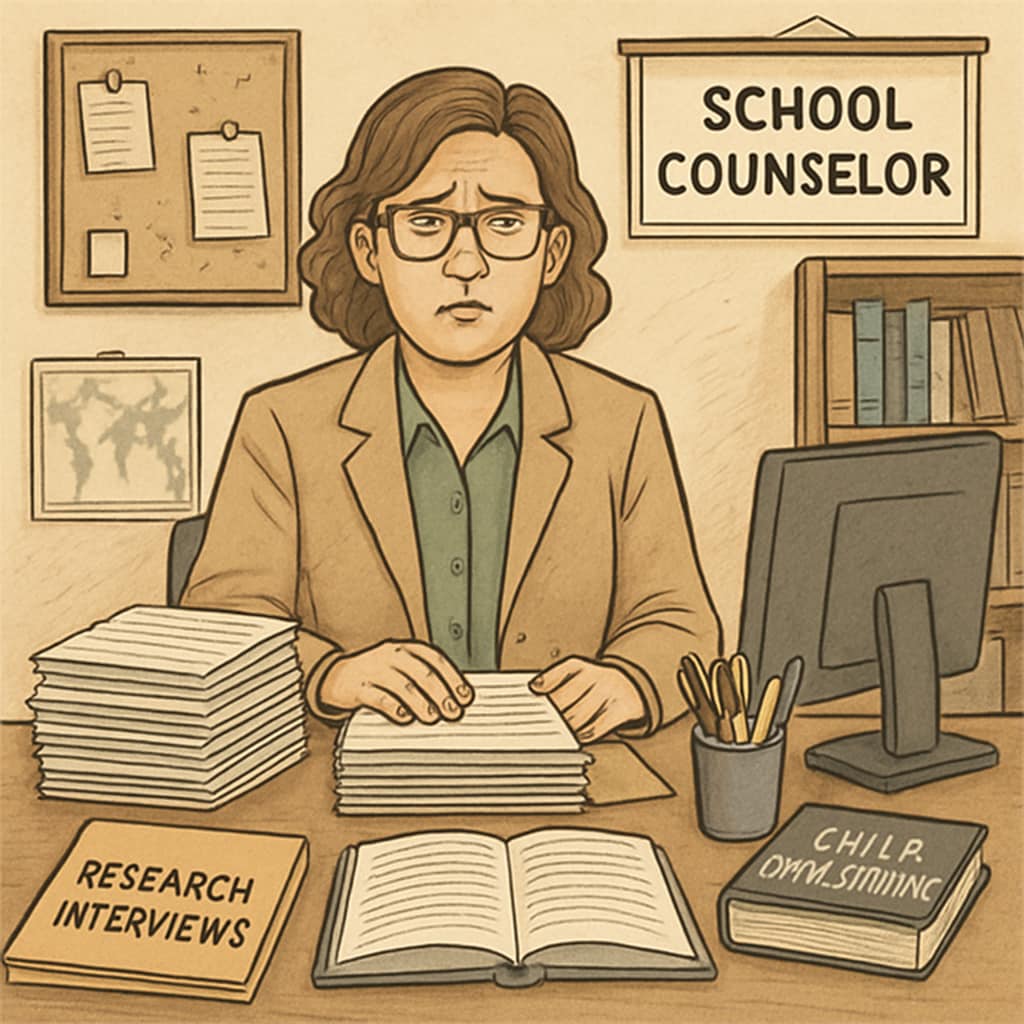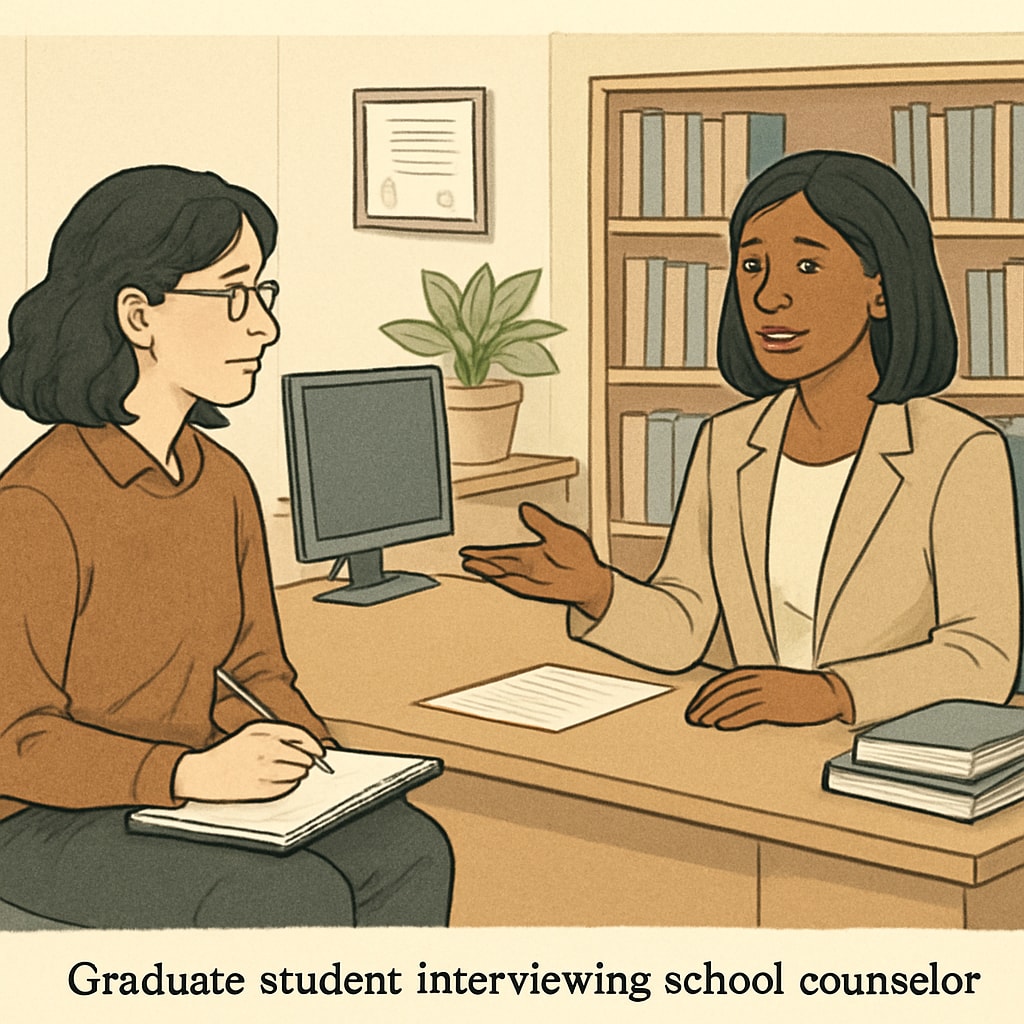Securing interviews with K-12 school counselors often proves challenging for graduate students working on research assignments. This difficulty highlights a disconnect between the realms of academic research and practical education. In this article, we explore the systemic barriers that contribute to this issue and propose actionable solutions to build stronger bridges between researchers and practitioners.
Understanding the Challenges in Accessing School Counselors
Graduate students pursuing research projects often encounter significant obstacles in identifying and interviewing school counselors. These challenges stem from several factors, including:
- Time constraints: School counselors have demanding schedules, often handling a high volume of students and administrative tasks.
- Privacy concerns: Schools are cautious about granting access to their staff due to privacy regulations and the protection of student data.
- Lack of established partnerships: Universities may not always maintain formal collaborations with K-12 schools, leaving students to navigate the process independently.
These barriers not only hinder academic progress for graduate students but also limit opportunities for valuable insights that could inform educational practices.

Bridging the Gap Between Research and Practice
The challenges faced by graduate students reveal a broader issue: the disconnect between academic research and the daily realities of school counseling. To bridge this gap, stakeholders in both academia and education must take proactive steps. Here are some practical strategies:
- Foster institutional partnerships: Universities can establish formal agreements with local school districts to facilitate research collaboration. This could include creating a centralized process for interview requests.
- Utilize professional networks: Graduate students can tap into professional associations, such as the American School Counselor Association (ASCA), to connect with counselors willing to participate in research.
- Offer mutual benefits: Ensure that research projects provide value to participants, such as sharing findings or offering professional development opportunities.
By implementing these strategies, both researchers and educators can benefit from a more collaborative relationship.

Strengthening Collaboration for Future Research
To create a sustainable model of collaboration, it is essential to address the systemic issues that prevent access to school counselors. Policymakers, educational leaders, and academic institutions must work together to:
- Streamline the approval process for research in schools.
- Provide training for graduate students on ethical and effective communication with K-12 professionals.
- Encourage a culture of knowledge exchange between researchers and practitioners.
As a result, graduate students will gain the access they need for their assignments, while schools will benefit from research-backed insights that enhance counseling practices.
In conclusion, the challenges in accessing school counselors for research assignments highlight a critical gap between academic research and educational practice. However, with intentional efforts to foster collaboration, we can create opportunities for mutual growth and understanding. Addressing these systemic barriers will not only benefit graduate students and school counselors but also contribute to the overall improvement of education systems.


